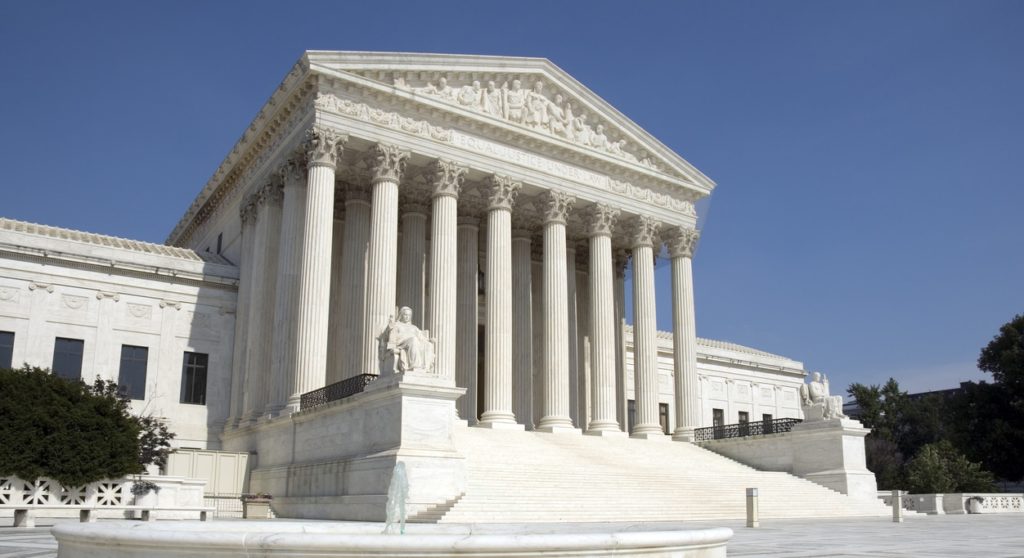On June 1, the U.S. Supreme Court issued an unanimous decision in U.S. ex rel. Schutte v. SuperValu Inc.. The Court revived qui tam whistleblower lawsuits against pharmaceutical companies who allegedly overbilled Medicare and Medicaid.
The decision overturns U.S. Court of Appeals rulings which allowed fraudulent companies to escape liability under the False Claims Act if they could prove their fraudulent actions could be based on a “reasonable interpretation of the law” regardless of whether or not the company intended to commit fraud.
The Supreme Court ruling determined that subjective intent to commit fraud was a relevant factor which the Appeals courts overlooked. The decision, authored by Justice Clarence Thomas, clarifies that the focus is on “what the defendant thought when submitting the false claim – not what the defendant may have thought after submitting it.”
The result of the case is being heralded by whistleblower advocates as a major victory for whistleblowers.
“This is a milestone victory for whistleblowers and their ability to report fraud against the taxpayer,” said Stephen M. Kohn, a founding partner at Kohn, Kohn, and Colapinto and author of Rules for Whistleblowers: A Handbook for Doing What’s Right.
“The lower courts had created an exception that swallowed the common sense rules against fraud,” Kohn said. “Those decisions have been reversed, and the False Claims Act can remain America’s number one fraud-fighting law.”
Kohn was the principal author of an amicus curiae brief filed in the case which argued that in passing the FCA, Congress clearly intended for fraudsters to be held liable based on a subjective intent to commit fraud, regardless of contractual ambiguity.“
“The Supreme Court’s unanimous decision is a major victory for American taxpayers, who have been saved billions thanks to the False Claims Act,” said Senator Chuck Grassley (R-IA), who championed the 1986 amendments which modernized the FCA. “The False Claims Act is our best tool to combat government fraud and abuse, which is why I’ve fought for decades to strengthen and improve it. I’m grateful that every single Supreme Court justice saw reason and chose to uphold the integrity of the law.”
Senator Grassley also filed an amicus brief in the case, claiming that the lower court rulings were a “radical departure” from the plain language of the FCA.
Further Reading:
Supervalu Supreme Court Decision A Major Victory for Whistleblowers
